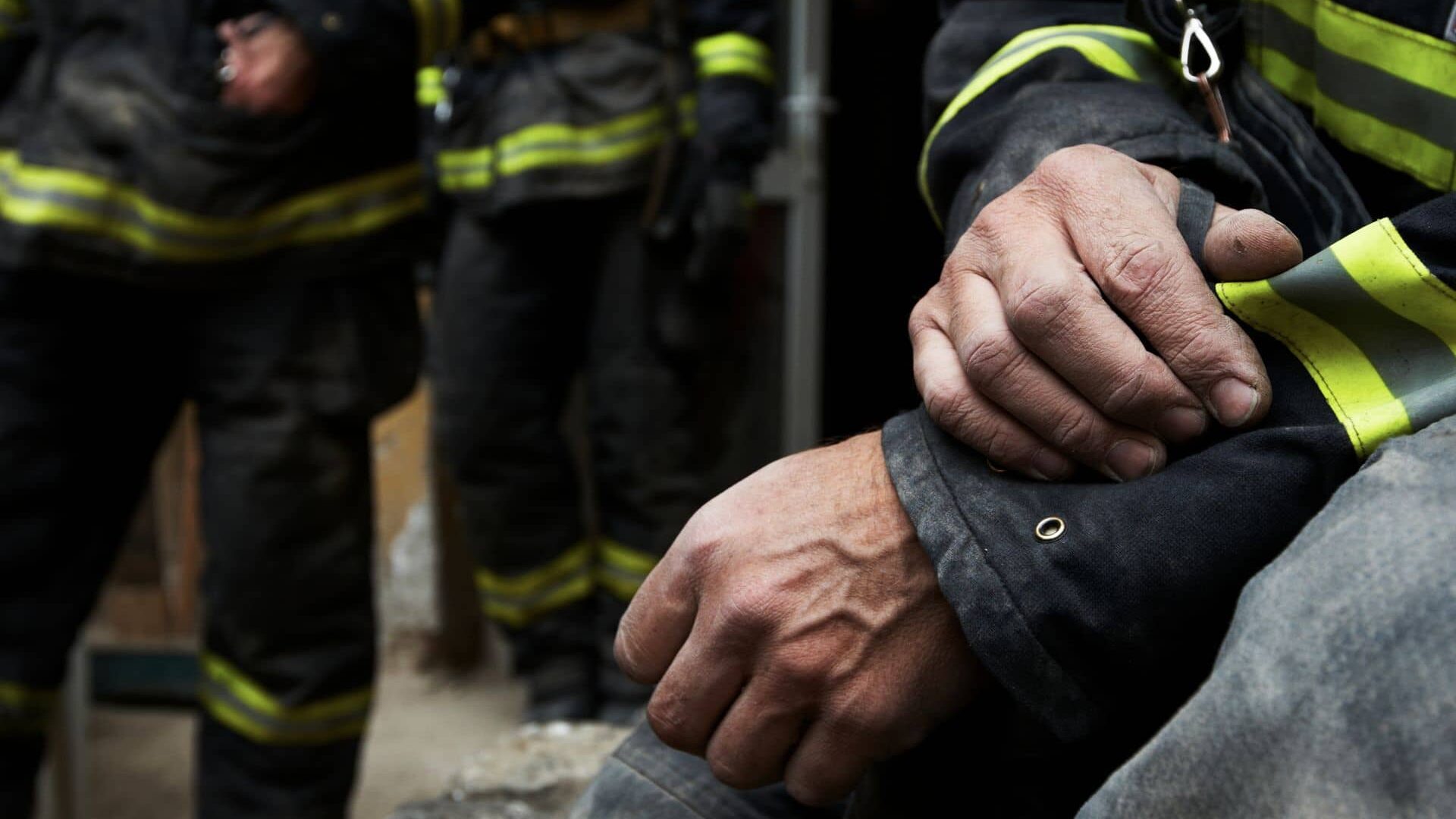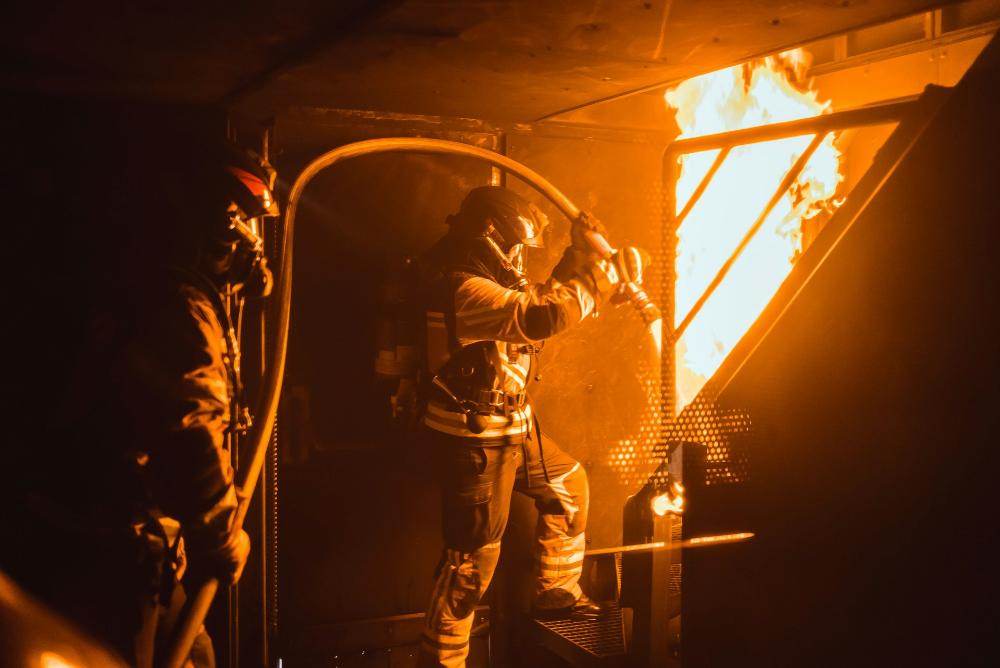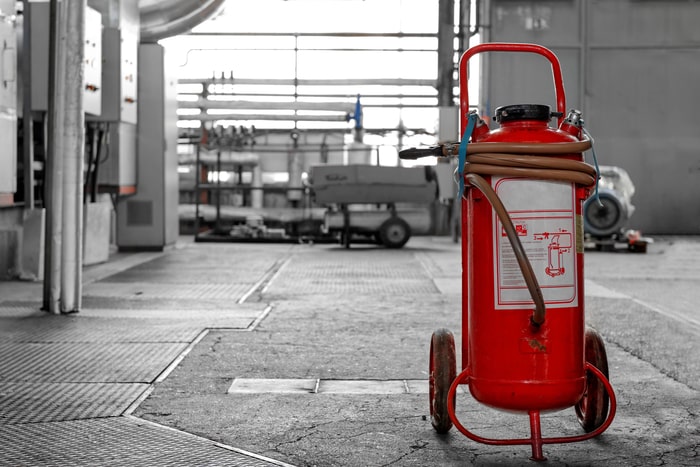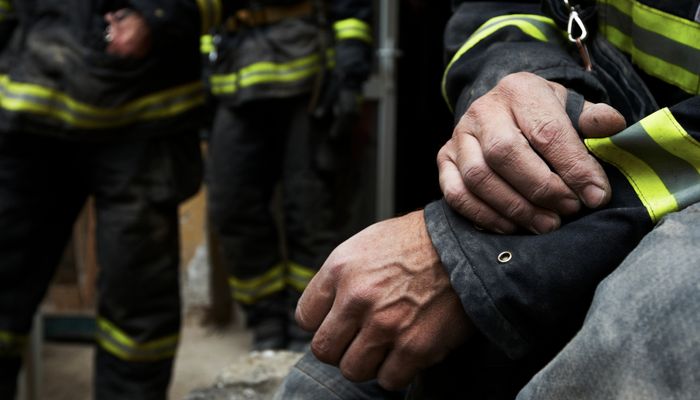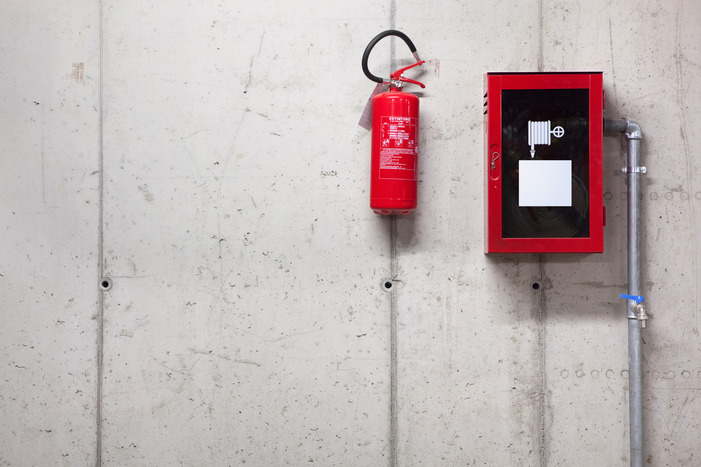Cost of Fire Watch vs Firefighter
Contents
Fire Watch vs Standby Firefighter: Cost Comparison
When the sprinkler system goes dark, someone has to stand in the gap. Most property managers reflexively dial the fire department and request a standby crew. Others call a private fire watch company. One costs the price of a pizza, the other costs the price of a Prius. Let’s run the real numbers so you can budget without guessing.
Hourly Rate Shock
Standby firefighters typically bill triple overtime plus engine rental. National average in 2024 was $175 per firefighter per hour with a four hour minimum. Add the engine at $125 per hour and you are looking at $825 for a single four hour shift with two crew members.
- Two firefighters: $175 x 2 x 4 = $1,400
- Engine rental: $125 x 4 = $500
- Fuel and mileage: $75
- Total for 4 hrs: $1,975
Fire Watch Rate Reality
A certified fire watch guard averages $28 per hour with no minimum. Same four hour shift costs $112. Add GPS logs, thermal imager and insurance and the bill still lands under $150.
That is a 92 percent savings for the same code compliance.
Capability Gap
Firefighters bring hoses and medical gear, but they do not walk patrols inside the building unless flames appear. Fire watch guards scan every 30 minutes, log temps and spot embers before they turn into structure fires. For prevention, the guard wins. For suppression, the engine wins. Most insurers want prevention, not heroics.
Insurance Viewpoint
Carriers accept both options, but they reward the cheaper one. One national chain switched from standby crews to fire watch and received a 3 percent premium credit worth $48,000 per year. The carrier’s logic: daily prevention beats once-a-decade suppression.
When to Use Each
- High rise over 75 feet and alarm completely dead = standby crew plus fire watch
- Small retail store with sectional valve closed = fire watch only
- Hospital with full sprinkler shutdown = both
- Warehouse with temporary pump failure = fire watch
Hidden Fees
Standby crews charge portal-to-portal, meaning the meter starts when they leave the station and stops when they return. A two hour outage can bill for six if traffic is heavy. Fire watch guards travel on their own dime and clock in only when they scan the first NFC tag at your property.
Bottom Line
If you need hoses and pumps, call the fire department. If you need code compliant patrols and court ready logs, call a fire watch company. Your budget will thank you and the marshal will still sign the permit.
Ready to see the savings on your next outage? Contact us and we will quote both options so you can pick the one that fits your risk and your wallet.
